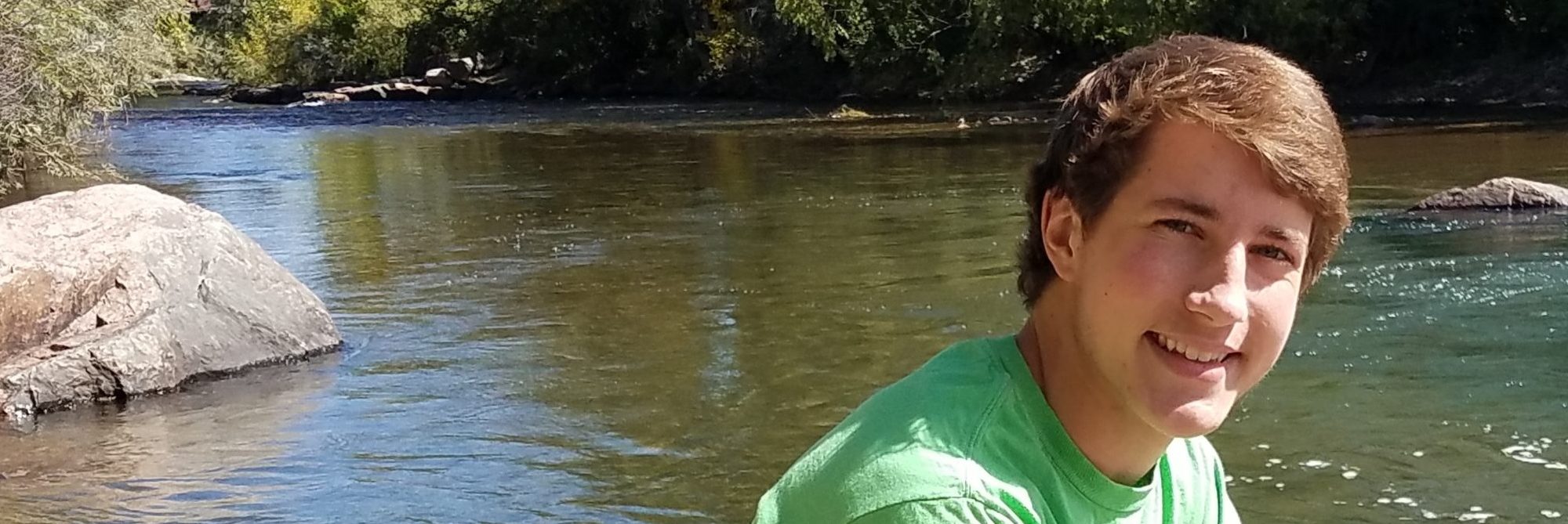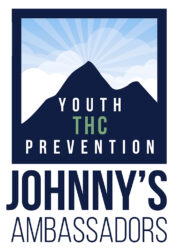I don’t use marijuana, however in 2016 I voted to legalize marijuana in Massachusetts. I thought it was a “soft” drug. I thought it was a safer option for people than alcohol. Even for teenagers. I remember telling a friend who suspected her teenager was smoking marijuana that it was probably better than if he was drinking alcohol. After all, alcohol is known to be bad for health and to cause young people to make poor decisions such as risky behavior and driving while intoxicated. It can become a dependence. But marijuana, that just “chills you out” and is not addictive. I wish I had known then what I know now.
We live in a middle class suburban town. I’m a stay at home mom who along with my husband did my best to raise our children to make good choices, have decent values, and be contributing members of society. I wanted to be realistic with teaching the kids about drugs. I drilled it into them to never try a “hard drug” such as cocaine or heroin because it “only takes one time to ruin your life”. I told them never take a pill or anything you don’t know what it is and warned them that even though this is something a lot of youths might do it could be such a “grave decision”. While I never allowed it or gave a message that it was okay, I also never spoke negatively about marijuana. I had the mindset of maybe if I only drilled the negativity of “horrible” drugs they might actually listen rather than the just “don’t do drugs” and “all drugs are bad”. Again, I wish I had known then what I know now.
Our oldest son who is kind, independent, and a very intelligent out of the box thinker had dreams to attend college and become an entrepreneur. His senior year started with him doing great in school, working a part time job, and planning to go off to college the next year. Near the end of his senior year he couldn’t work and was barely able to attend school due to his sudden extreme anxiety and paranoid and delusional thinking. Fortunately, because it was so close to the end of the year and he had done well for most of the year, he managed to still graduate even with missing most of the last weeks of school and all of his finals. He did not however attend any senior events including graduation. He could barely leave the house at this point. We thought he had had a nervous breakdown. We didn’t even know what psychosis was at this point. The search started to find him help, which was not easy because he was now an 18 year old who did not want help. I did find a psychiatrist who would talk to me even though his practice was booked solid and my son was an “adult” and the first thing he said was “does he smoke a lot of pot, because we are seeing a huge problem with teens who smoke that are becoming depressed and lacking all motivation”. I did know that my son had used marijuana, I had caught him a few times, but I only thought it was occasional and part of the usual teenage experimentation. I still did not think it had anything to do with his “breakdown”. We finally ended up at a major hospital in Boston and he was eventually diagnosed with psychosis and anxiety. At this time he was still not honest about his marijuana use and the doctors only casually mentioned that it could be a contributing factor. Because the connection was not made, he continued to use even with going on anti-psychotic meds because it made him feel better in the moment. Fast forward over two years with some ups and downs, med changes, trying to go away to college, and a doctor change we finally got to a place where we really understood the possible connection between his marijuana use and the psychosis. Once we understood this, our son opened up about how much, how long, and how early he starting using marijuana. Apparently, he had been using for over a year and had quickly moved from smoking it, to vaping it (no smell so easier to hide), to dabbing it (also easy to hide). The problem is the vaping, eating, and dabbing of marijuana can be at so high of a concentrated level of THC it is nothing close to the amount in a plant one would smoke (and even today’s plant concentration levels are way higher then they were 20-30 years ago). Research is showing that these higher concentrates correlate with a higher risk factor for developing cannabis induced psychosis. Again I wish I had known then what I know now.
Once our son was able to make these connections and be honest about his use, his hospital team was able to help him more. He quit using cannabis, has started working full time, and he is starting to see his anxiety improve. This took over two years because we did not make the connection. Now, unfortunately because he kept using for those two difficult years, it may be too late to reverse the effects. Research shows that the sooner one is treated for first episode psychosis the better the outcome. If left untreated and cannabis use continues, the cannabis induced psychosis can turn into full blown schizophrenia. Our son’s doctors will take the next year or so and slowly wean him off the anti psychotic medication to see if it is too late for him or not. This only became an option once the doctors knew how much cannabis he had done (they now made the connection that this is likely cannabis induced psychosis) and once he was truly committed to not using anymore (they would not even consider reducing his anti-psychotic medication while using cannabis because of the connection with cannabis and psychosis) . This risk of cannabis induced psychosis is not very well known to the public. The marketing of cannabis products that advertise it as safe and healing make it even more difficult to make the connection. I still believe people should make their own choices if they want to purchase and use products with THC. BUT, I believe that if we as a commonwealth are going to allow this it is our responsibility to make it known and clear the possible risks of doing so. Not just so people can decide if the risk is worth it, but also so that they can recognize if and when a negative side effect occurs. Again I wish I had known then what I know now.

